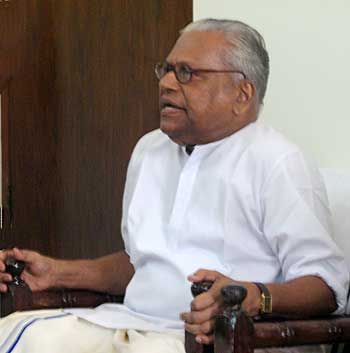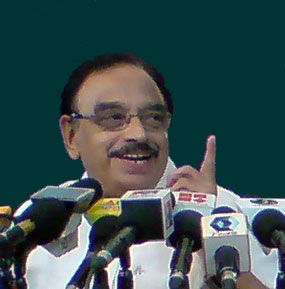 The move to amend the Juvenile Justice Act to provide for trial of juveniles involved in crimes by regular courts is ill-advised. If at all, anybody is to determine the maturity to level of juveniles at certain age, it is to be done by psychologists; and not by courts, officials or legislators.
The move to amend the Juvenile Justice Act to provide for trial of juveniles involved in crimes by regular courts is ill-advised. If at all, anybody is to determine the maturity to level of juveniles at certain age, it is to be done by psychologists; and not by courts, officials or legislators.
The maturity level of juveniles may vary depending on the cultural, social and economic backgrounds, upbringing and several other factors. However, it is safer to have a safe higher limit, in the spirit of the principle that no innocent should be punished even if 1000 criminals go scot free. If determination of the level of maturity and understanding is left to courts, a lot of subjectivity is likely to come in. There is also the likelihood that poorer children would come in for harsh punishments on account of bias and inability to defend their cases strongly before courts.
As the objective of imprisonment is reforming of the criminal, it is also wise to err on the safe side instead of sending juveniles to prisons with hardened criminals. If 18-year-olds are put in regular jails, there is little chance of their reforming. (Even the record of juvenile homes in this respect leaves much to be desired.)
Even among criminal gangs, the junior members would come under severe ‘peer pressure’ and encouragement to commit crimes which even an 18 year-old would find hard to resist. So, it needs to be determined at what age children would normally be able to resist such ‘peer pressure’ from gang leaders. This is the job of psychologists. One need only look at Charles Dickens’ Oliver Twist to learn about the compelling circumstances to which a poor boy (or girl) could fall into.
The current milieu—after a lot of public outrage over the Delhi gang rape and similar incidents, is not the right time to attempt an amendment to law. It is notable that even false reports were perpetuated that the juvenile among the Delhi gang was the cruelest of them all. However, the testimonies that came before the Juvenile Justice Board proved that those reports were wrong and Time of India had clarified that in a report. If the juvenile was tried in a regular court under the current milieu, and reluctance of many good lawyers to appear for him, would it have been possible for the court to objectively assess the maturity level of the juvenile cleaner of the bus?

 When two children quarrel, some patients punish both children equally. They know that it is tricky to enquire into the reasons for the quarrel, who started the bouts and who received the most.
When two children quarrel, some patients punish both children equally. They know that it is tricky to enquire into the reasons for the quarrel, who started the bouts and who received the most.
 What happened in the walled venue modeled like red fort and culminated on the arena modeled like Roman coliseum was the fight between two factions in the Kerala unit.
What happened in the walled venue modeled like red fort and culminated on the arena modeled like Roman coliseum was the fight between two factions in the Kerala unit.